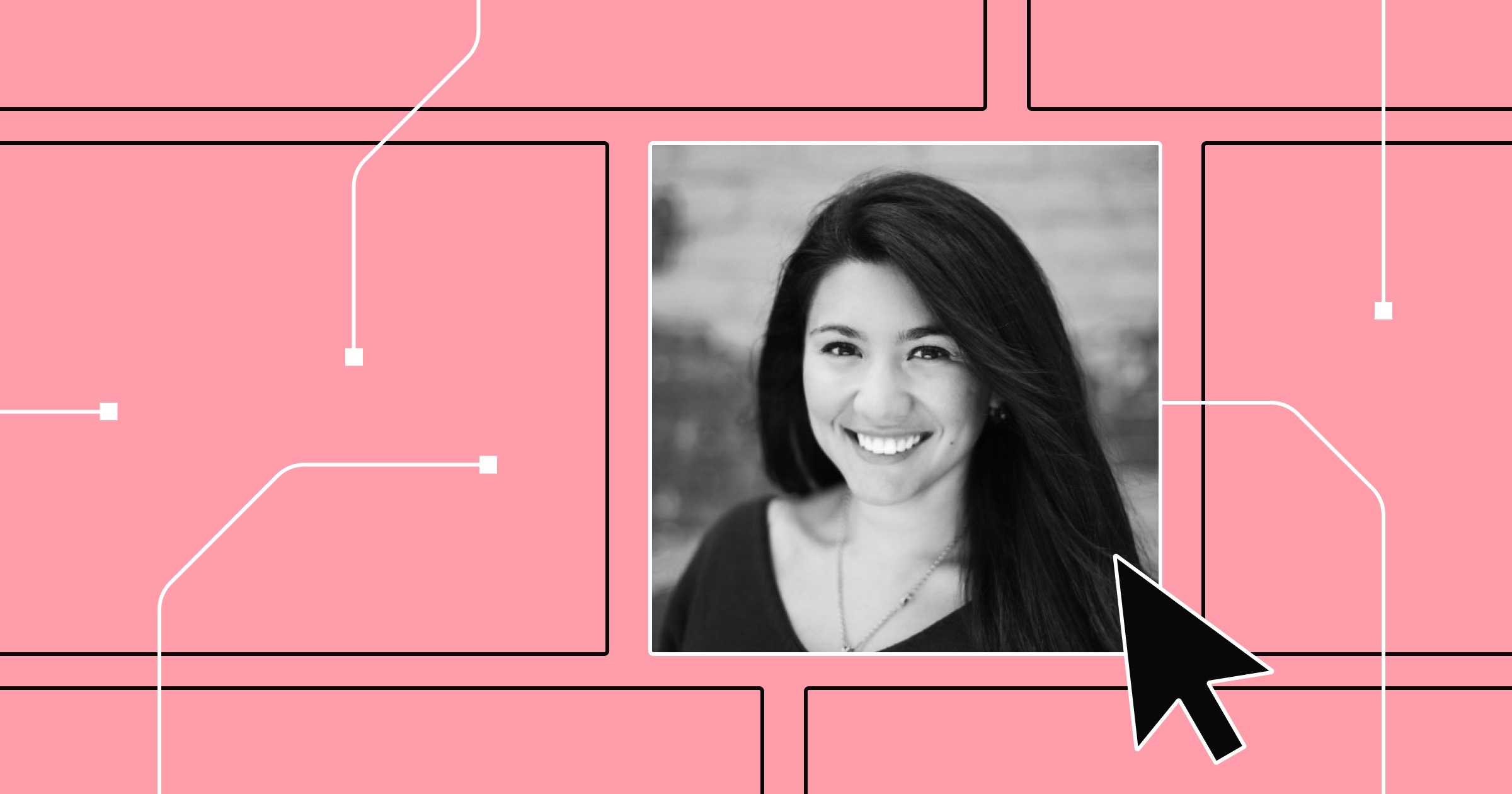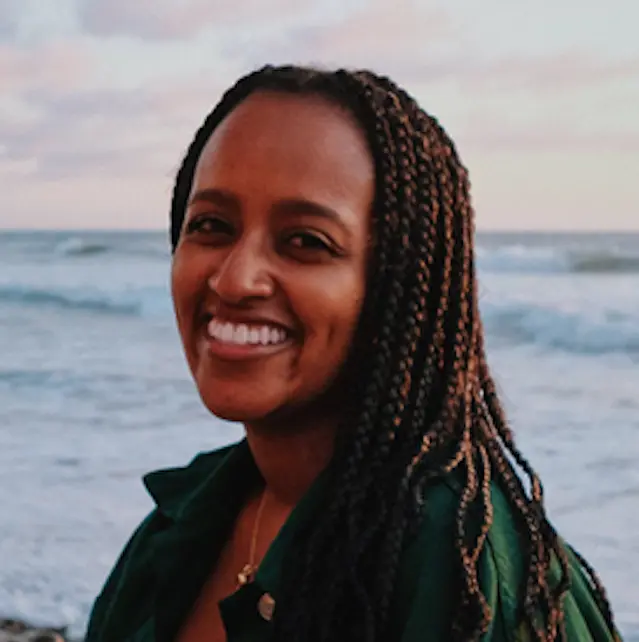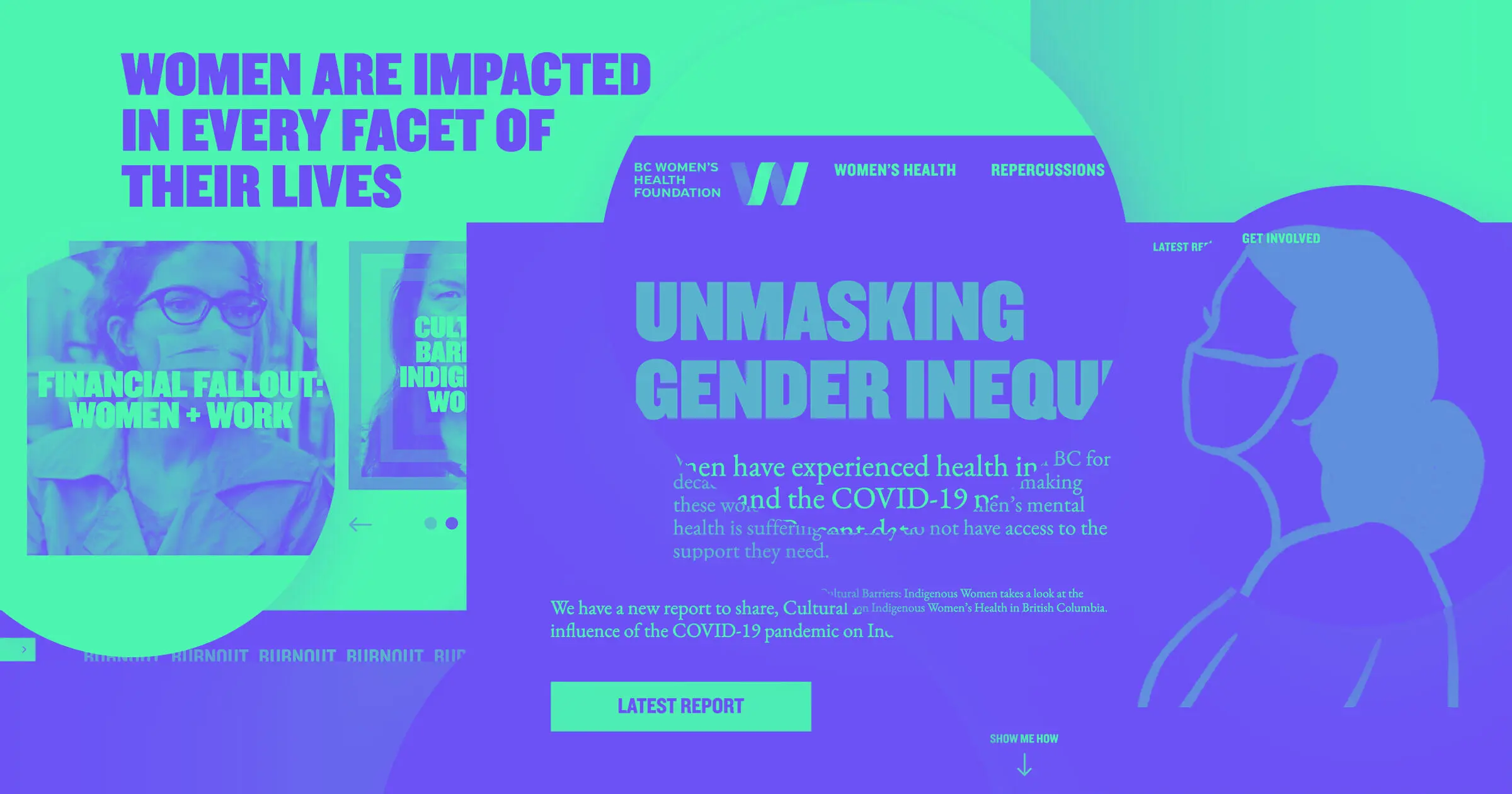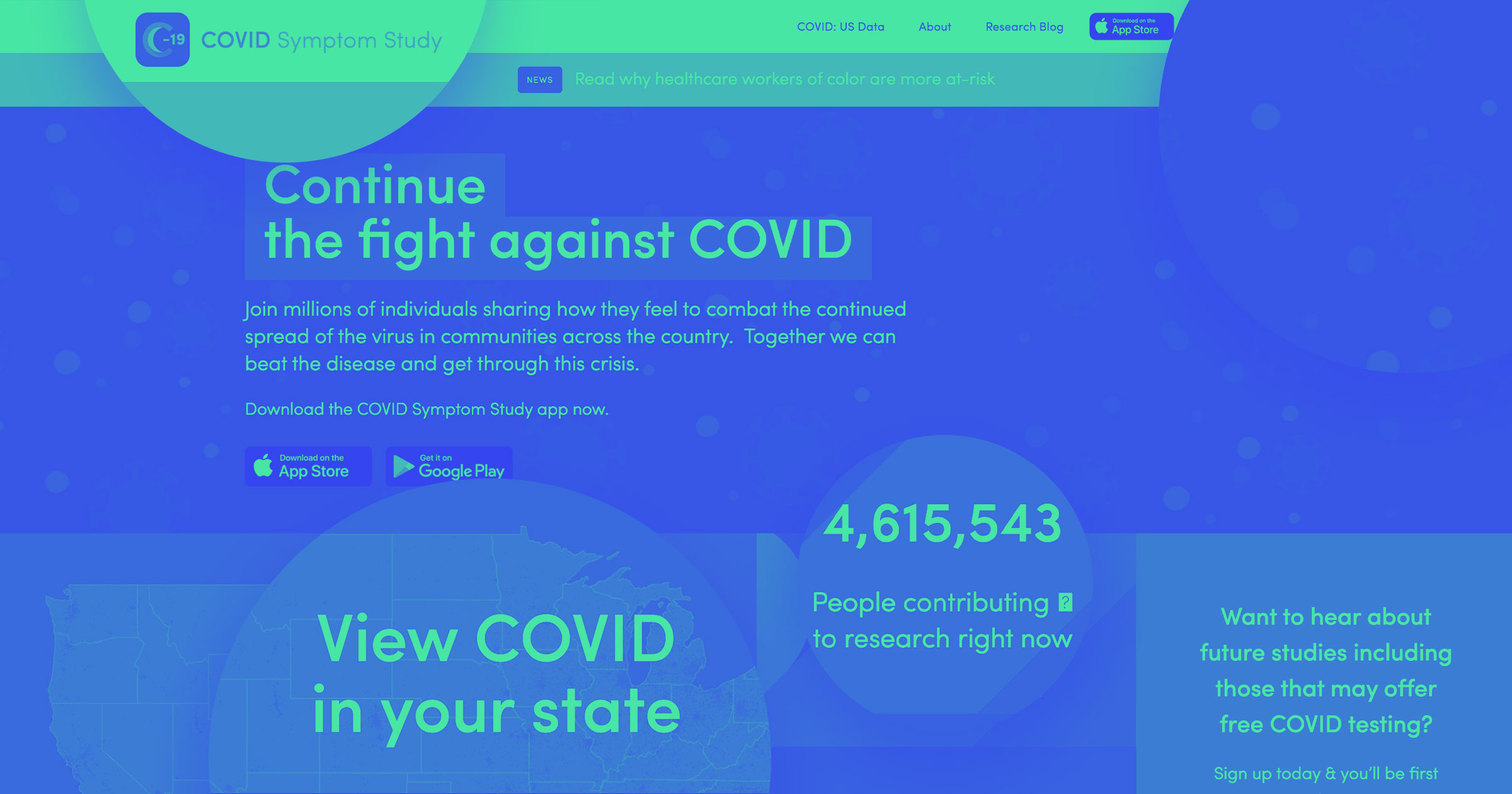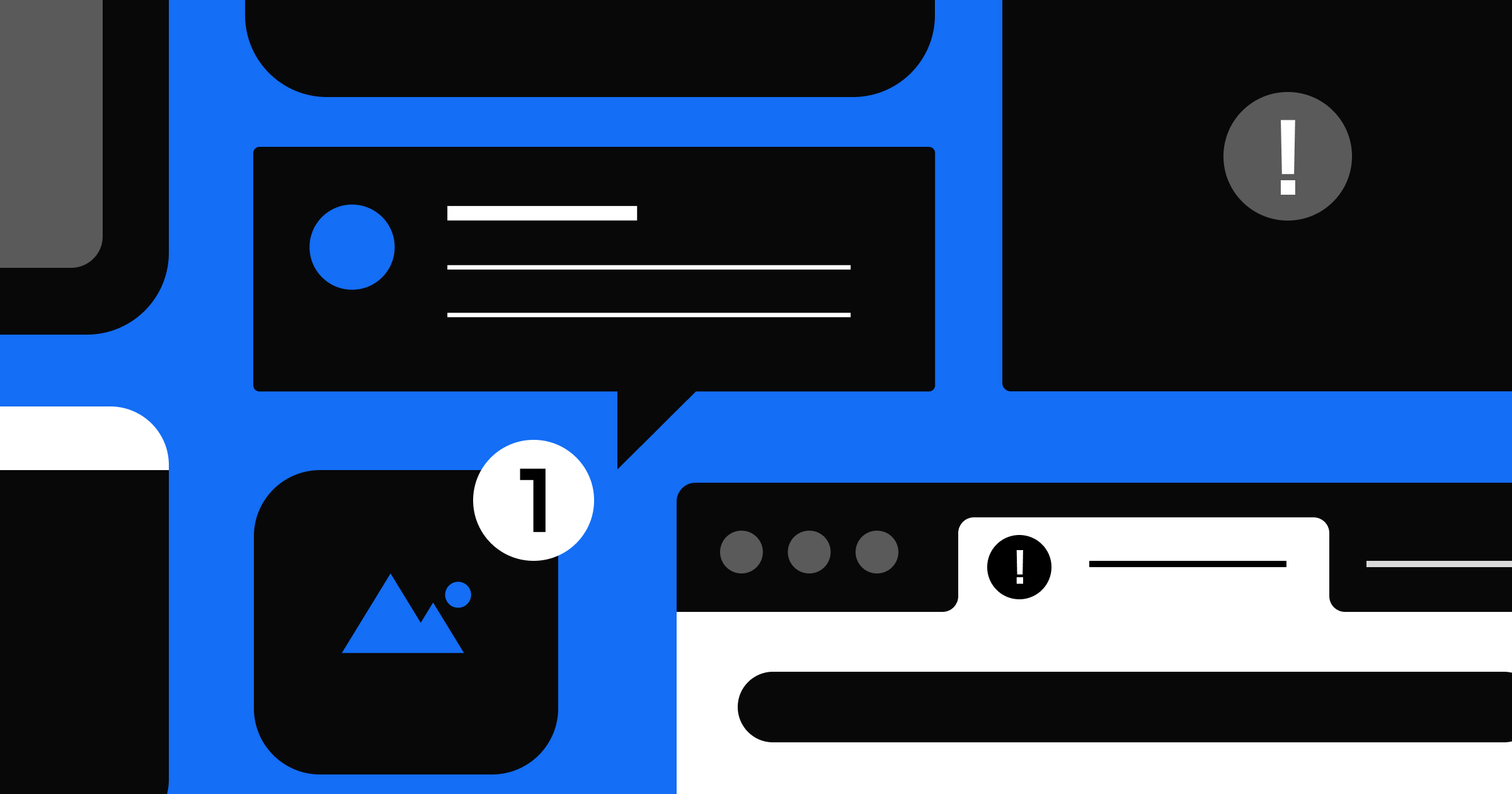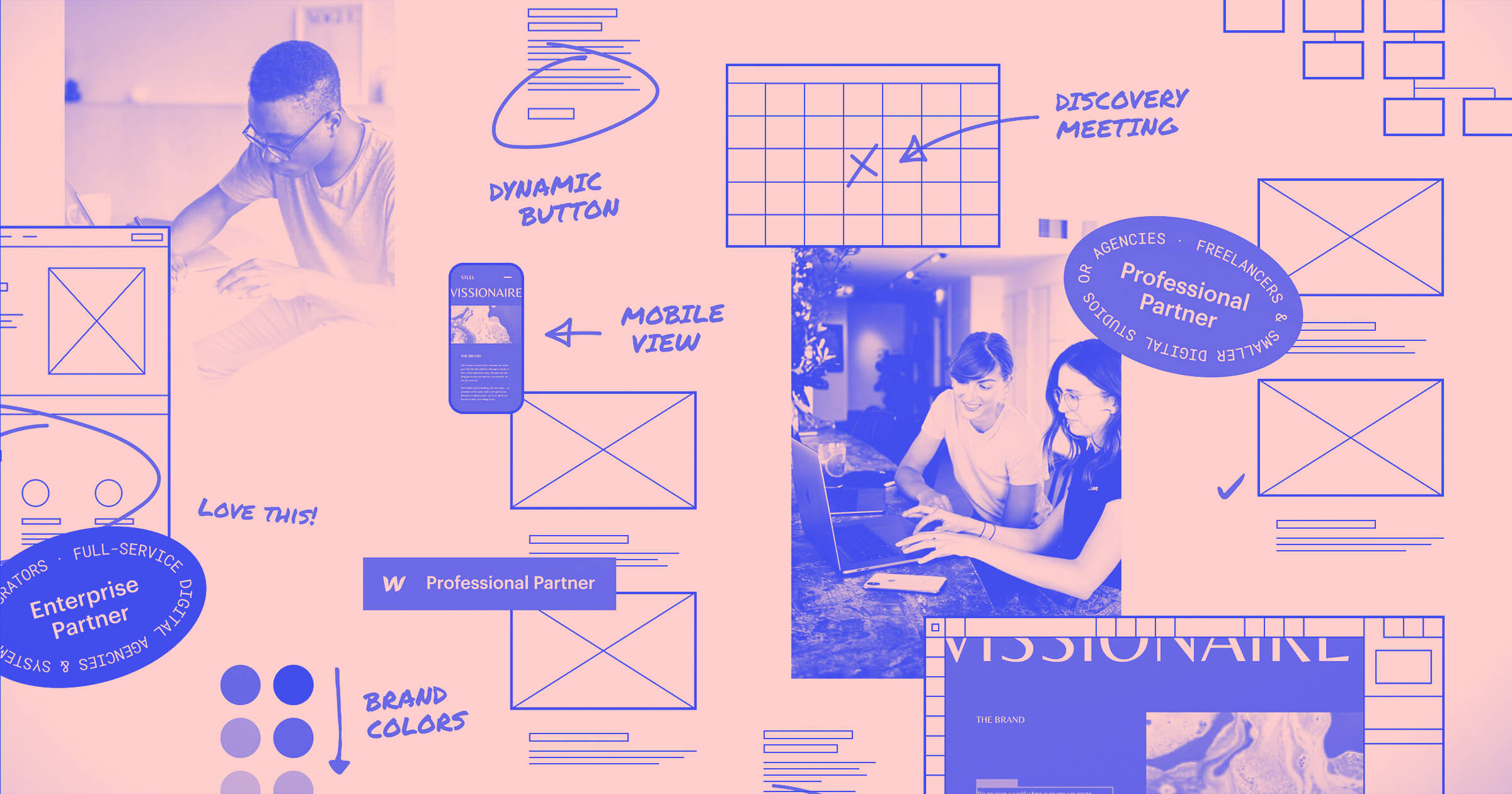In 2021, Maria Barrera embarked on a mission that answered the question: “What if every kid had access to the wellness support they need?”
With an entrepreneurial mindset and an engineering background, Maria spent the bulk of her career working in tech and developing the skills she needed to pursue her dream of starting her own company. Passionate about the intersection of technology and education, she saw the intense effects the global pandemic was having on people’s mental health — especially young students — and decided she wanted to focus her career on being part of the solution.
Today, Maria’s company Clayful focuses on prevention by bringing life-changing care directly to schools and students, and we caught up with her to learn more about her team’s work, the education space, and her journey getting her company off the ground.
Bringing life-changing mental health resources to all students
After making the nerve-wracking decision to become a founder, Maria immersed herself even deeper into the edtech and healthcare spaces. She joined OnDeck’s Health fellowship to learn about value-based care, healthtech, insurance, and federal social programs; consulted with other companies to get her feet wet in the sector; and met with experts in the education space and those working with schools to develop a clear point of view on what exactly she wanted to build.
After a few months, her vision began taking form: a company that brought mental health support to kids no matter their economic status. Meanwhile, her fellowship exposed her to the challenges she could potentially face down the road: accessing Medicaid, the problem with being reliant on families to be the sole providers of care, and navigating the complex U.S. health insurance system, for starters.
As Maria began searching for the best path forward in her mission to help children under 18 access quality, preventative mental healthcare as quickly as possible, she realized the best solution could lie within schools.
The clear path forward meant working directly with schools
After completing her fellowship with OnDeck, Maria teamed up with Melissa Pelochino, her former coworker and education expert. She knew their firsthand experience building and working in the education sector would help them lay a strong foundation for their company in the early days as entrepreneurs. As they assessed the best path to providing a service that could better support students’ wellness, they validated that schools would be the best entry point. Schools fit the bill for a number of reasons:
- They care about students, their performance, and attendance
- They are invested in retaining quality educators (who are leaving the profession mostly due to the challenging behaviors they’re seeing in the classroom)
- Since the pandemic, they’ve been earmarked money to spend on students’ wellness
They were excited about the direct and immediate positive impact schools could have on children’s mental wellness, and their expertise in the sector gave them the confidence they needed to push forward with this approach. Additionally, focusing on education institutions meant families didn’t have to be the sole providers of care for students — and students whose families lacked disposable income could also access resources and support.
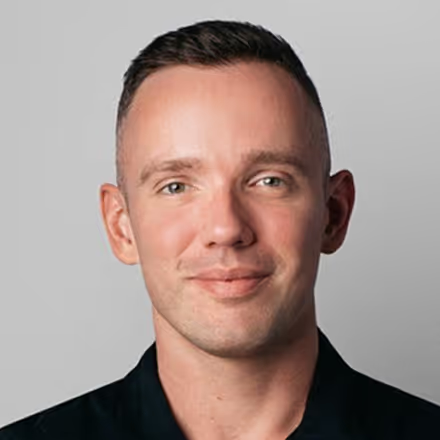
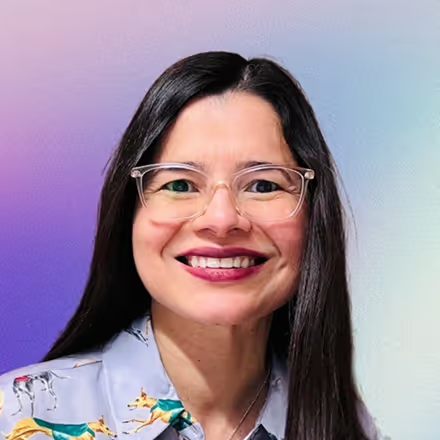
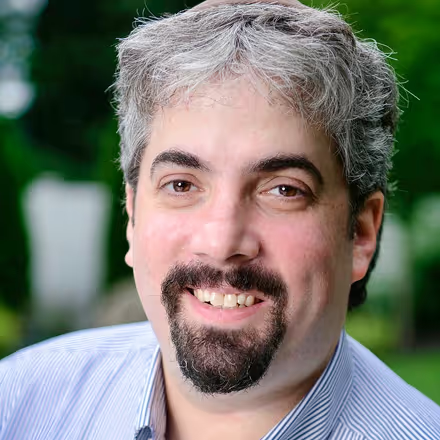





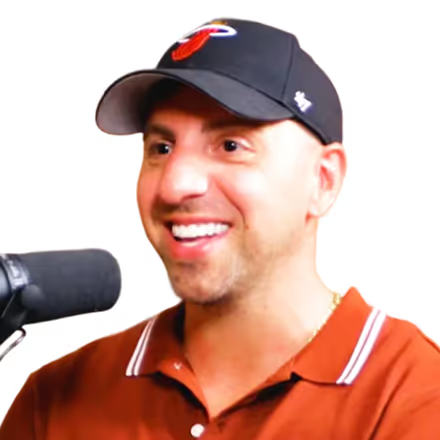
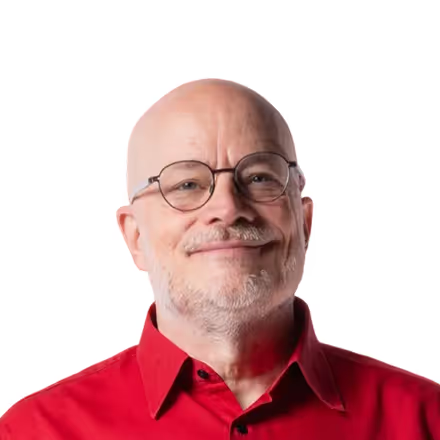
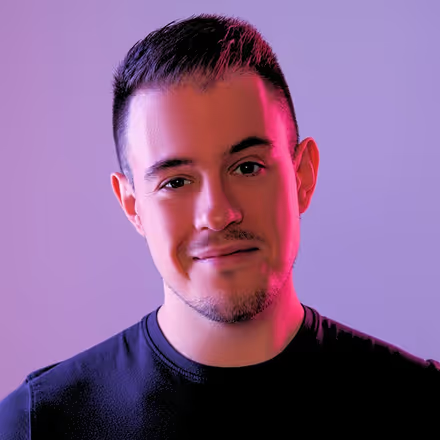
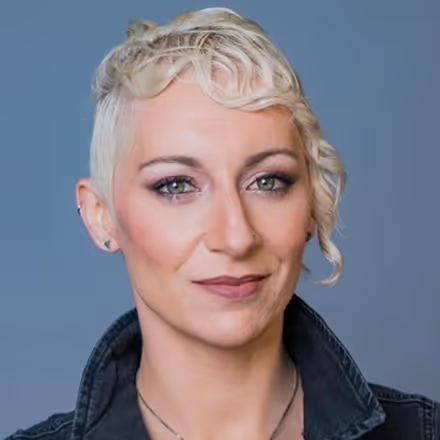
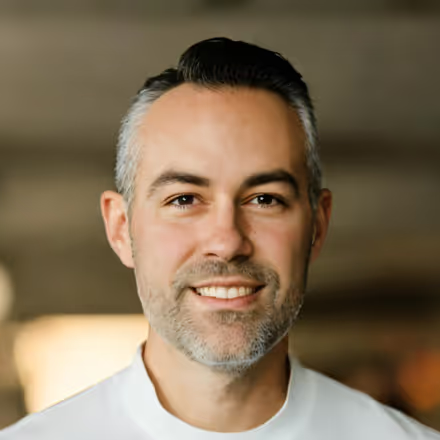



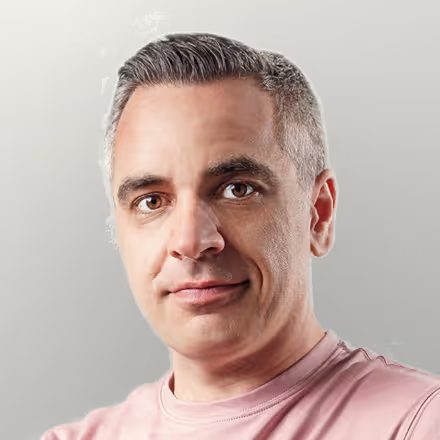
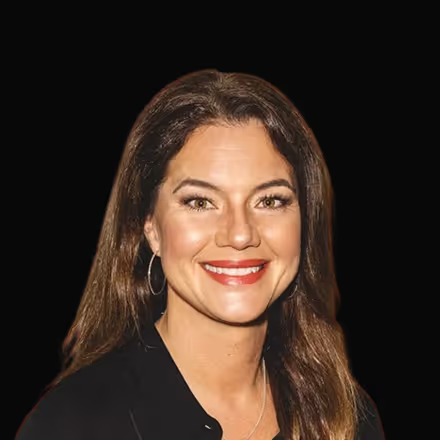

Webflow Enterprise
Loved by designers. Trusted by enterprises. Bring Webflow in-house at your company with advanced security, custom traffic scaling, guaranteed uptime, and much more.
Clayful uses technology to bring care into classrooms and homes
Today, Clayful works directly with school administrators to bring mental health resources in the pockets of 3rd through 12th graders. Clayful’s core mission is to help children and teens — who are already using their devices as their primary communication tool — develop healthy habits & resilience through coaching that leverages best practices from psychology, neuroscience, behavioral science, and education.
Through web and mobile apps, students can log in to the Clayful platform and have one-on-one conversations with coaches who are trained mental health professionals that are available from 8am - 10pm local time. Conversations all take place on their secure platform, and the coaches’ identities are entirely anonymous — meaning students will never become overly-dependent on support from one specific coach.
“The app is our students’ gateway to care, as well as an easy entry point for educators who want access to our proprietary lessons.”
— Maria Barrera, founder and CEO of Clayful
Individual schools and school districts are the entry point for Clayful, and once a school starts using the platform, all of its students gain free access to the coaching services and resources.
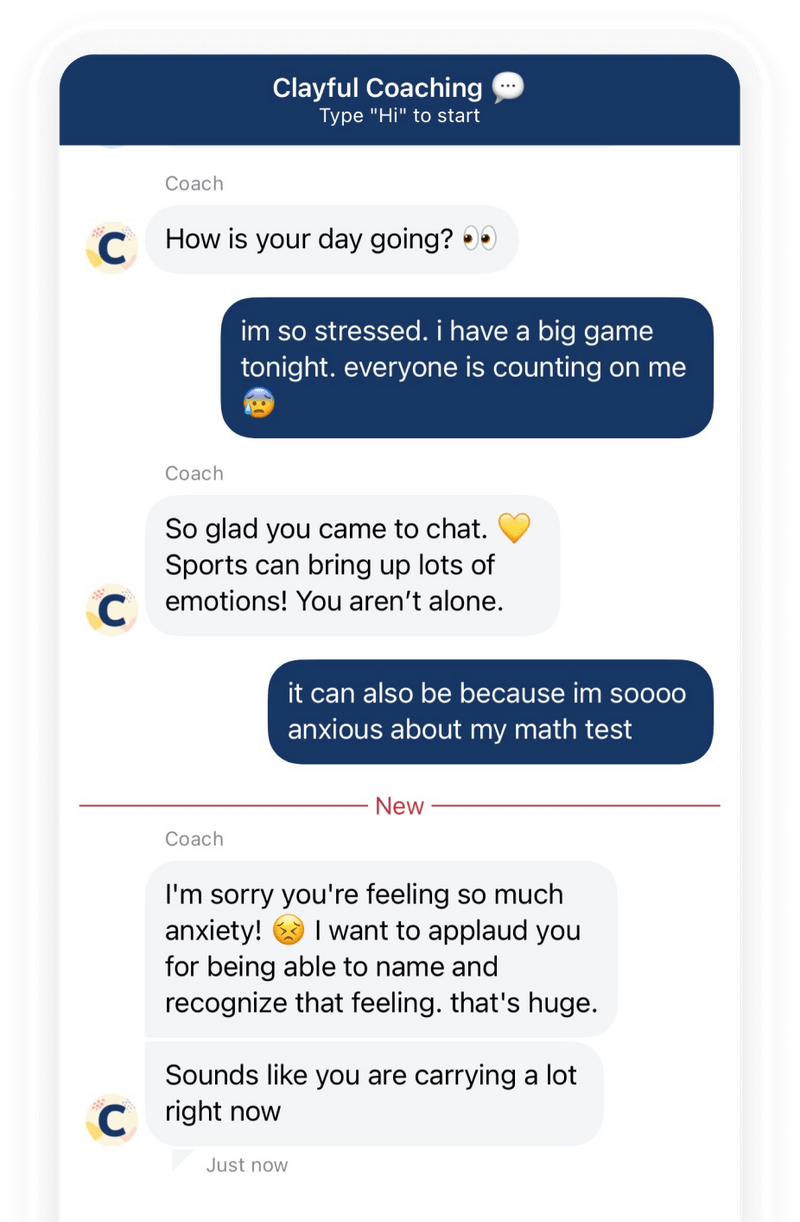
How Webflow bridged the gap between Clayful and education administrators
In just three months, Maria and team successfully pitched their first investors & ran their first pilot with kids. In order to talk to school administrators and get its first beta customers, they needed a website that communicated its core offering and benefits – and they needed one fast. Maria’s tech background meant she was familiar with low-code and no-code tools, and she was able to get a site up and running using Webflow in just one day.
“Our goal with the website is to provide a window into what it is that we do, and communicate the aspects of our brand identity that we feel to be most important: that we are trustworthy, reliable, approachable.”
— Maria Barrera, founder and CEO of Clayful
For Maria and team, having a website they can easily manage and quickly make changes to is integral because it allows them to stay ahead of the curve in the rapidly-evolving tech-based mental wellness space. “We need to be able to communicate the urgency we believe is needed to address the youth mental health crisis, as well as show in a concise manner what we are doing to address it,” Maria explains.
After a successful period of beta testing, Clayful’s paid pilot program was up and running in March 2022 — just five months after its founding.
Meeting the needs of students, parents, and administrators
For Maria, the ability to hustle, evolve, and keep going is a core part of the ethos at Clayful. As a company operating at the intersection of healthcare and education, the Clayful team must often navigate strict regulations and protocols, which is why the team has been extremely intentional with how they build both their product and go-to-market strategy.
At the center of this strategy is an ability to convey trust: the trust an 11-year old boy needs when seeking advice on conflict resolution; the trust an administrator needs to ensure its students’ safety; the trust from parents who need reassurance that their child is receiving quality, private care from a trained professional. Clayful’s platform and website must speak to a wide array of people, and as the company continues to grow, it needs to continue meeting its audience’s needs.
“Being able to quickly respond to changes that we are seeing across stakeholders, and implementing them immediately is another reason why using Webflow has been hugely beneficial for us."
— Maria Barrera, founder and CEO of Clayful
Access is key to addressing the childhood mental health crisis
The team at Clayful is harnessing the power of technology to disrupt the healthcare and education systems, which are currently not set up to effectively support the youth mental health crisis. In addition to coaching, Clayful also offers schools and families actionable information to help better position them to support their students, and today, the company supports thousands of students across four states.
Clayful is forging forward on its mission to provide wellness support to every kid, and as it scales, Maria believes the shift to digital is key: “It creates more access, reduces fiction, and has the potential to completely remove travel barriers often experienced in rural or underserved communities. In turn, removing these barriers also helps eliminate another major roadblock to seeking care — the associated stigma. Because the more that mental health services are accessed and used, the more these services become normalized.”


